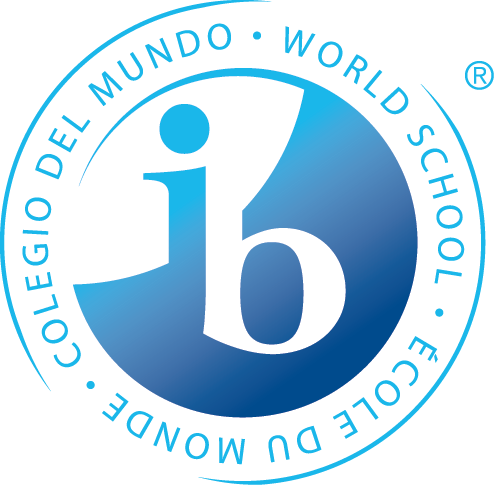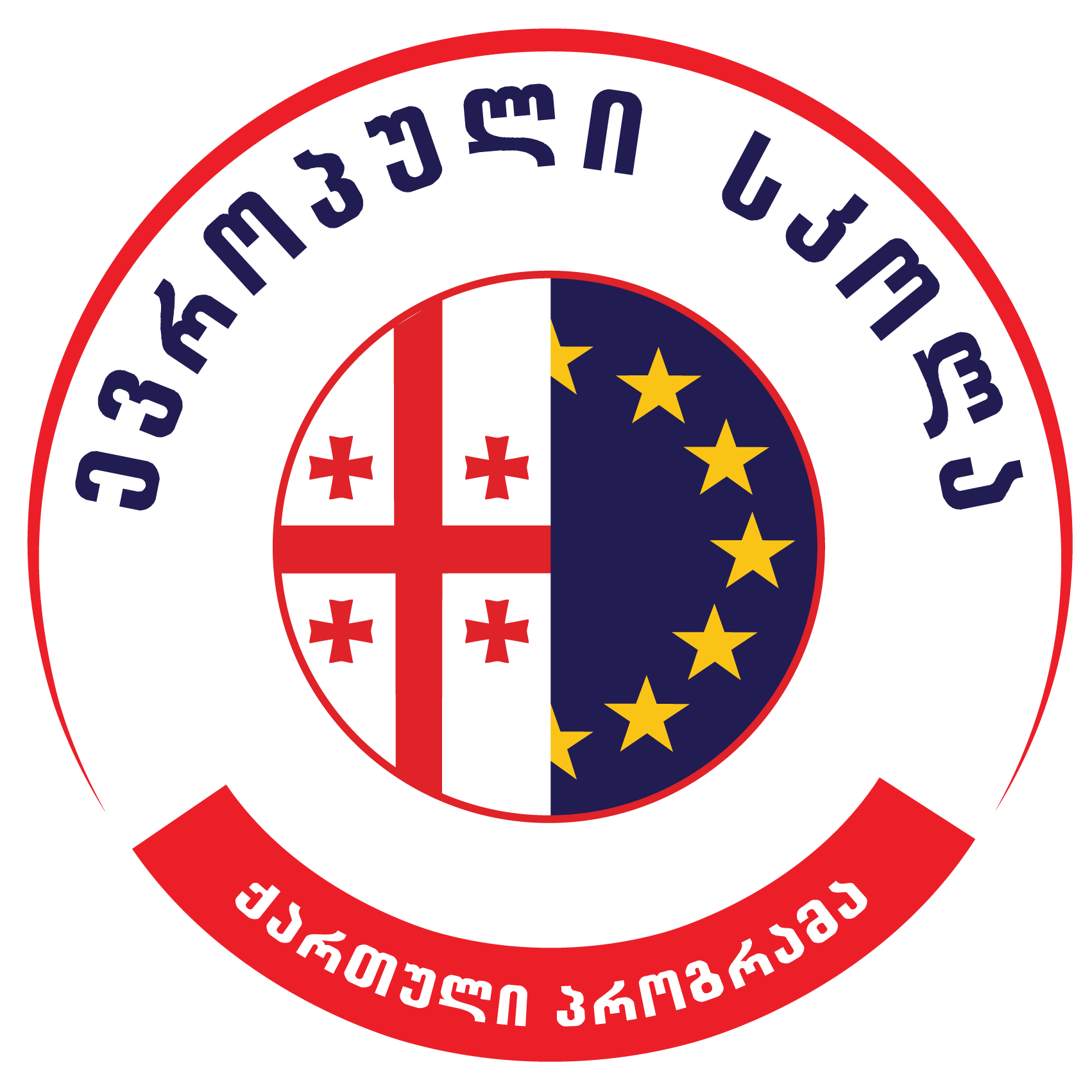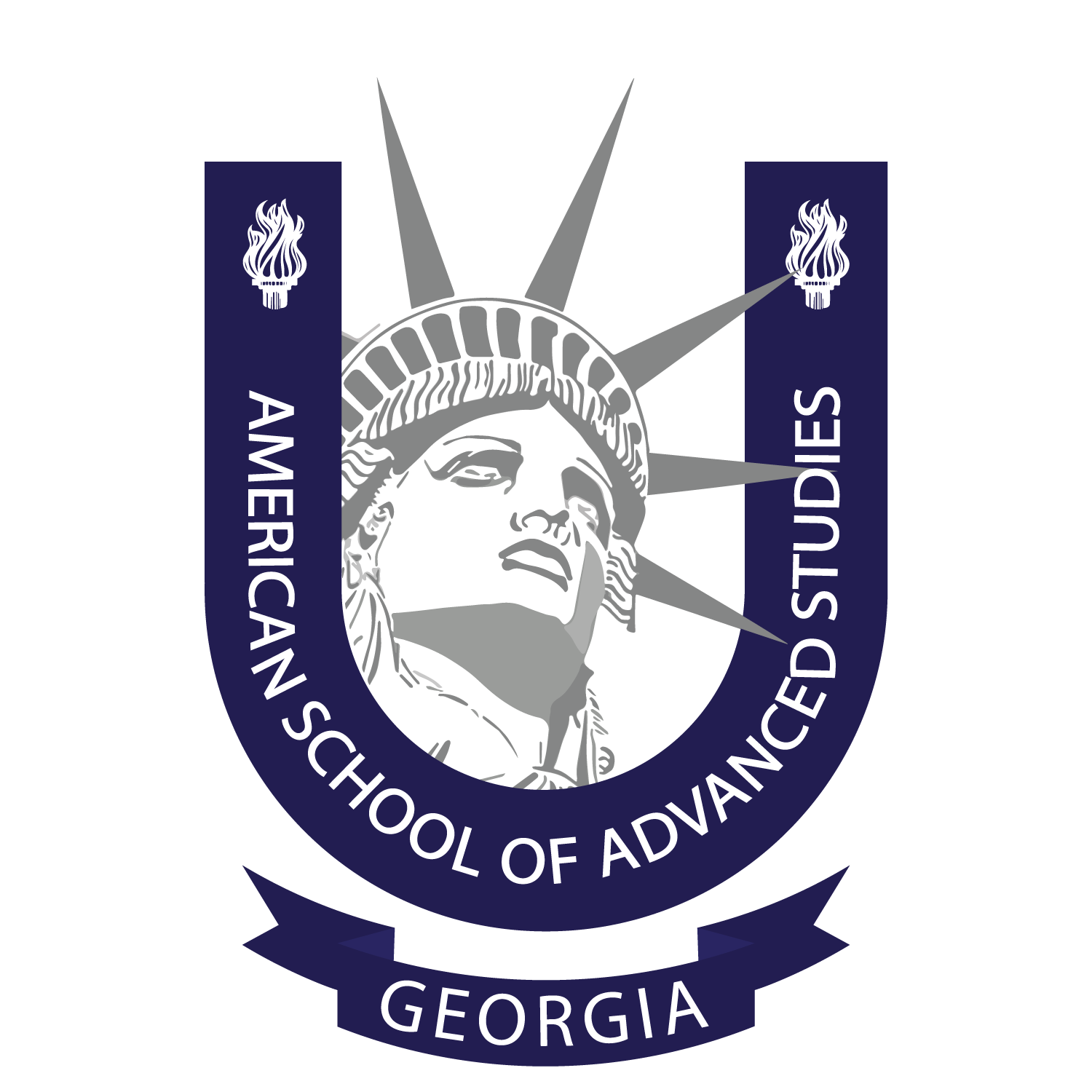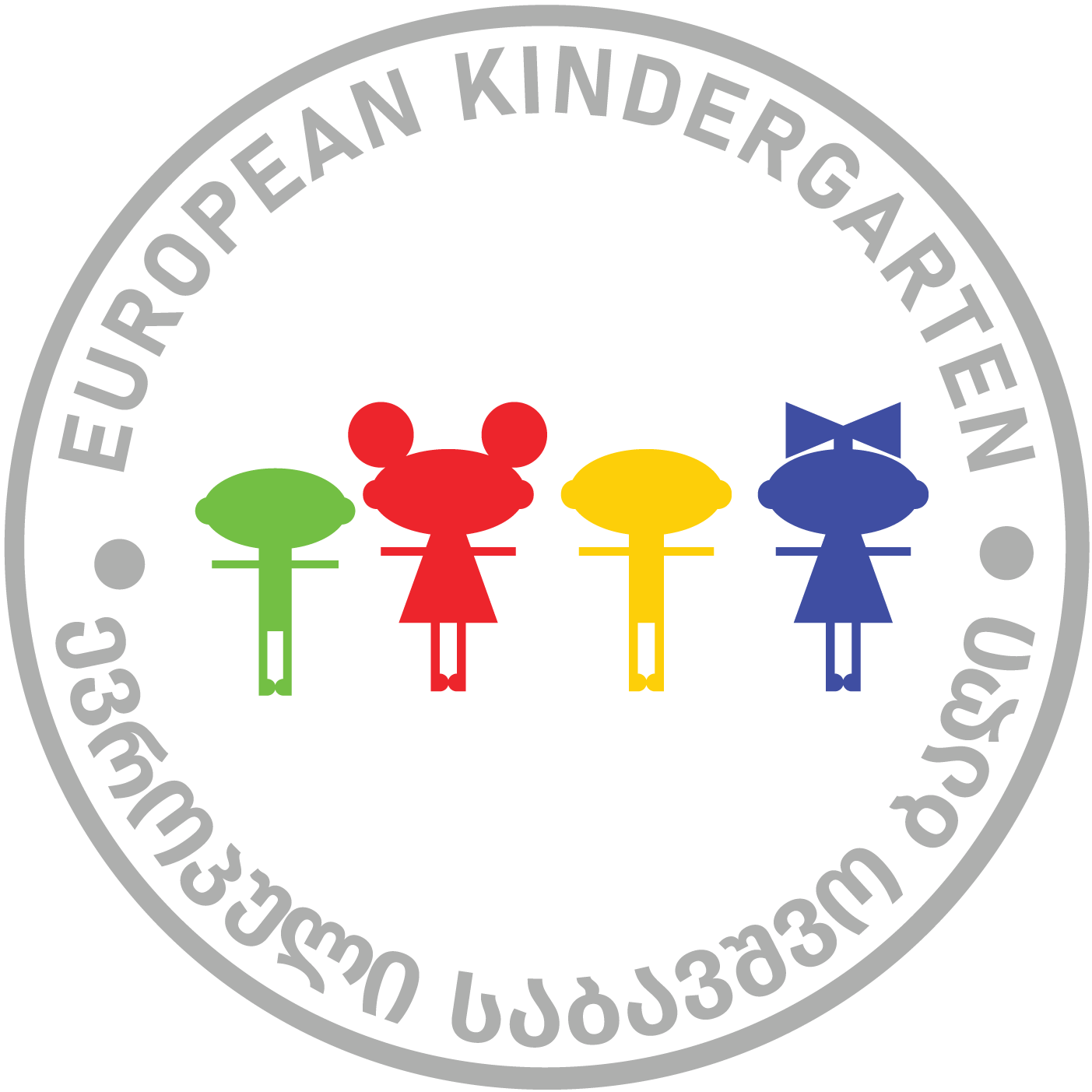MYP
The goal of IB is to provide students with the values and opportunities that will enable them to become creative, critical and reflective. MYP focuses on developing skills and attitudes, the understanding of the concepts and knowledge needed to participate in an increasingly global society. It emphasizes intellectual challenge, encouraging students to make connections between their studies in MYP subjects and the real world.
The International Baccalaureate (IB) Middle Years Programme (IB MYP) was originally developed by the International Schools Association and then further developed by schools during the early 1990s. It is a concept-driven programme (ages 11-16) for international schools and is now being taught and implemented worldwide, with considerable growth. The IB MYP relies on connecting classroom pedagogical practices and content to the world outside through the Global Contexts and the Learner Profile.
The IB Middle Years Programme at European School
The IB MYP has been taught at the European School since November 2012.
The European School adopted the IB MYP because the philosophy and objectives of this programme reflect those of the school. In addition, the IB MYP
- is an international programme with no bias towards any particular national system
- provides assessment, within the IB MYP subjects, which share a common approach by being criterion-related and inquiry-based
- has strong, disciplinary background and interdisciplinary connections
- supports curriculum development and Personal Project external assessment
A Concept-driven Curriculum
A concept is a big idea — a principle or conception that is enduring, the significance of which goes beyond aspects such as particular origins, subject matter or place in time. Concepts represent the vehicle for students’ inquiry into issues and ideas of personal, local and global significance, providing the means by which the essence of a subject can be explored. A concept-based model is used in the MYP because it encourages students to
- bring their personal intellect to the study as they use a key concept to personally focus on the unit topic to increase motivation for learning
- increase fluency with language as students use factual information to explain and support their deeper conceptual understanding
- achieve higher levels of critical, creative and conceptual thinking as students analyze complex global challenges.
Global Contexts
Subject content is organized around themes or perspectives called Global Contexts. They are designed to encourage the students to make worthwhile connections between the real world and classroom learning.
MYP global contexts provide common points of entry for inquiries into what it means to be internationally minded, framing a curriculum that promotes multilingualism, intercultural understanding and global engagement.
Inquiring into subject content through a global context enables students to develop a deeper understanding of both the subject and its application in the real world. Repeated cycles of inquiry, action and reflection can lead students from academic knowledge towards practical understanding, developing positive attitudes towards learning as well as a sense of personal and social responsibility.
Approaches to Learning (ATL)
Through approaches to learning in IB programmes, students develop skills that have relevance across the curriculum that help them “learn how to learn”.
The focus of approaches to learning in the MYP is on helping students to develop the self-knowledge and skills they need to enjoy a lifetime of learning.
Every MYP unit identifies ATL skills that students will develop through their inquiry and demonstrate in the unit’s formative (if applicable) and summative assessments. Many ATL skills directly support the attainment of subject-group objectives.
Service as Action in MYP
Service as action requires the involvement of MYP all students, which helps IB learners to engage in local and global community, and make connections between the things learnt in class and the needs and problems in their surroundings. Based on the knowledge acquired at school and personal interests of the students, after becoming aware of the needs of the community students will take action and participate in meaningful SA activities and projects, which will benefit the students and the society as well.
The Community Project (CP)
The Community Project (CP) is a service-learning project completed by all students in Grade 9, marking a significant milestone in the MYP journey. It is the culminating experience for students in schools where the MYP ends in Year 4, offering them the opportunity to demonstrate the skills, knowledge, and attitudes they have developed throughout the programme.
Each student, or group of up to three students, is assigned a supervisor (a member of the MYP staff) who supports and guides them through the stages of the project. These stages include investigating a need within a community, planning a course of action, taking action, and reflecting on their experience and learning. The project is guided by the framework outlined in the CP Guide.
The Community Project encourages students to engage with their local or global community through service as action. It empowers them to explore personal interests, develop a deeper understanding of community needs, and take meaningful steps to make a positive impact. Students apply and extend their Approaches to Learning (ATL) skills throughout the process, with a strong emphasis on self-management, communication, collaboration, and reflection.
To celebrate their efforts and impact, students participate in a Community Project Exhibition, where they present their projects to the school community. The showcase can take various formats—physical displays, digital presentations, or interactive exhibits—and provides a platform for students to share their experiences, challenges, and achievements. It fosters a spirit of service, empathy, and global citizenship, reinforcing the values of the IB learner profile.
The Community Project is a meaningful and memorable experience that builds students’ confidence and sense of responsibility. It prepares them for future academic and personal challenges, while cultivating a lifelong commitment to service and engagement with the world around them



